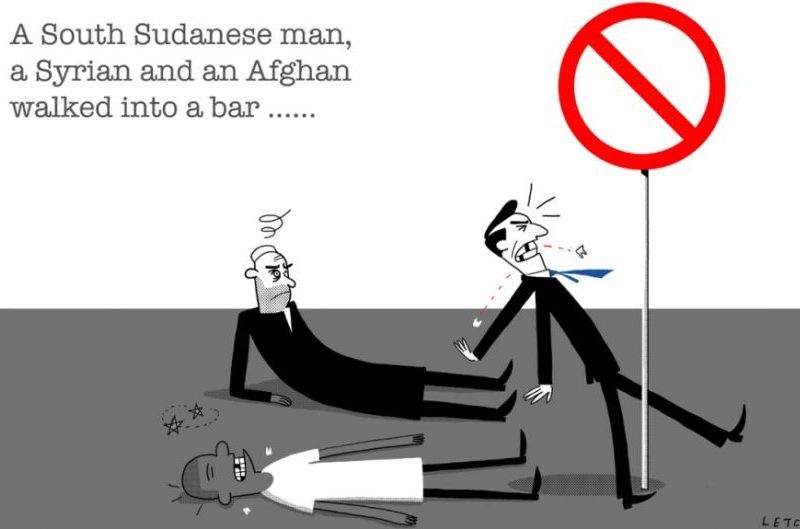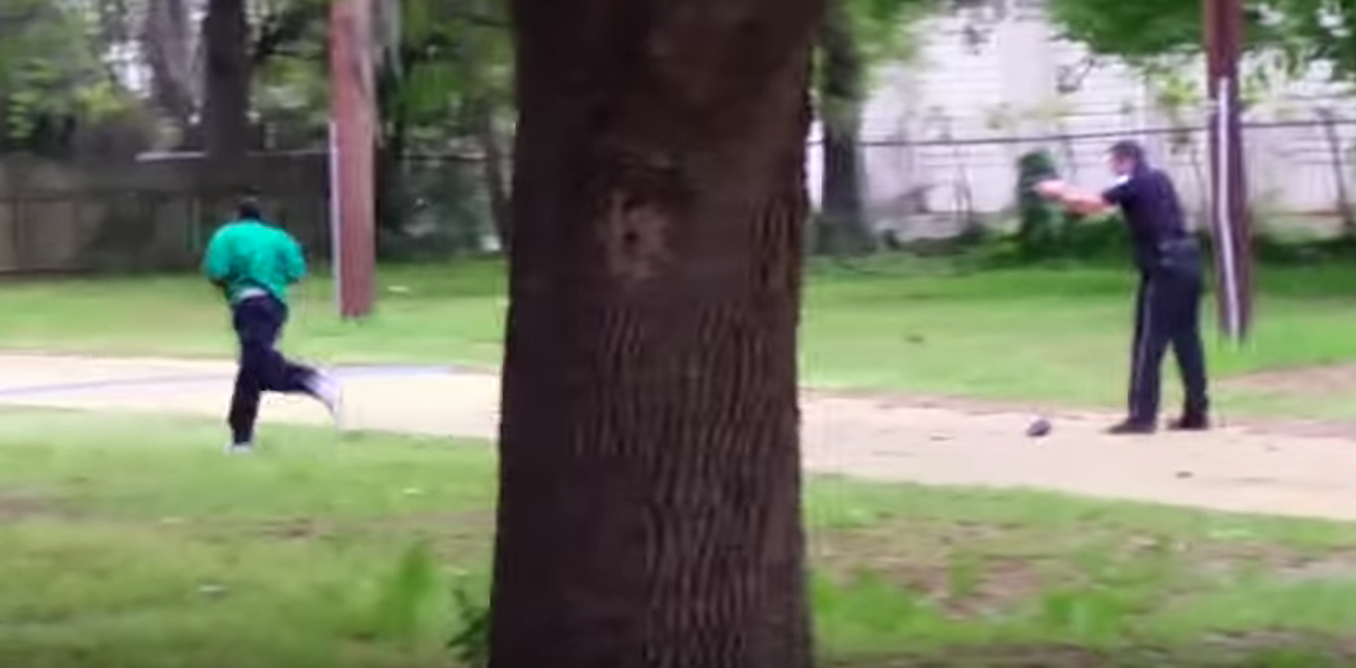THE PROBLEM IS NOT THAT PEOPLE DON’T CARE. IT IS THAT OUR CIRCLE OF REGARD FOR TRUTH IS IRRATIONALLY SMALL
It is often said that “people don’t care about truth”. But is this really the case? Imagine you are falsely accused of cheating in a test:...
When we talk, we follow certain ground rules, which are set out in what philosophers call “language games”. Each game has its own set of rules - but problems arise when not everyone is clear which game is being played.
Perhaps most important is the informing...
Science can’t exist without telling a story. The question is not whether we should use it, but how we should use it best
Image: ‘Even if an exemplary scientist has trained herself to be utterly objective, her audience will always bring their biased, story-gobbling minds’ Photograph: ijeab/Getty...
21 May 2018
A good number of Australians hate it when people refer to the letter "h" as “haitch”. They hate it with a passion.
While the “haitch” pronunciation is often linked to Irish Catholic education in times when Australian society was divided along sectarian lines, no...
In our new normal, experts are dismissed and alternative facts flagrantly offered. This suspicion of specialists is part of a bigger problem
Image: March For Science In New York City, 22 April 2017. Photograph: Erik McGregor/Pacific/Barcroft
We often defer to others’ expertise, and for good reason. The...
Image: Public anxiety about the post-truth era inspired a New York Times advertising campaign.
Nick Enfield, University of Sydney
This article is the first in a series from the Post-Truth Initiative, a Strategic Research Excellence Initiative at the University of Sydney. The series examines today’s post-truth problem...
Image: Modern video technology can make matters public, but accountability still depends on political processes to produce just outcomes.
YouTube/screenshot, CC BY
This article is part of the Democracy Futures series, a joint global initiative with the Sydney Democracy Network. The project aims to stimulate fresh...









